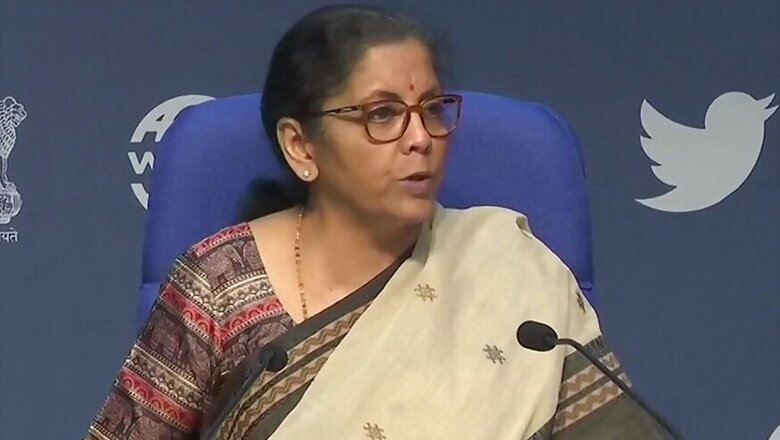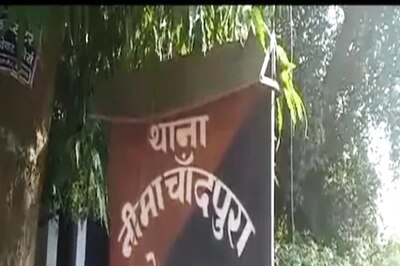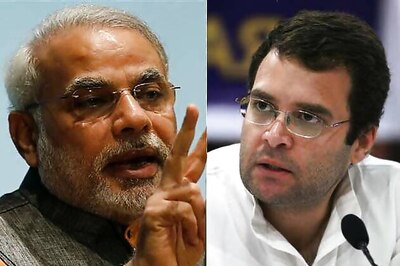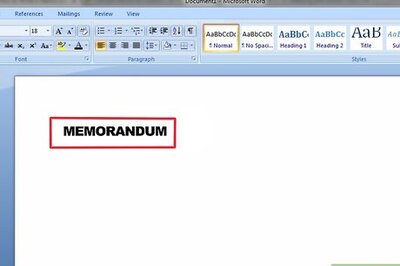
views
Finance Minister Nirmala Sitharman on Wednesday reacted on the allegations of various states that had called conditional increase in state borrowing capacity as unconstitutional and said that all reform-linked clauses are for the benefits of states and to plug gaps in implementation.
Sitharaman had on Sunday raised the state borrowing limit to 5 per cent of GSDP from an earlier 3 per cent, but only if they meet certain conditions. Some states protested the Centre’s move to link the increase in their borrowing limit to reforms, saying it sets a bad precedent and is an attack on federal structure.
In an exclusive interview to CNN-News18, Sitharaman said, "If equally all of us are talking about the migrant workers today, if only the inter-state operability of the ration card had come in, wouldn't they be obtaining their food grains from wherever they are. If these reforms had come in earlier, the states would have benefitted."
On the move being called against the spirit of federalism, she told News18 that if the money under devolution was linked to conditions it would have been against the constitutional federalism and its spirit. “What is required by the finance commission for me to devolve from the revenues, should go unconditionally. I shall never touch that otherwise. I will keep devolving without any condition. I have no business there to put any condition,” she said.
She said the conditions have only been put for funds after states approached the Centre increase cap for borrowing. “They are conditions that the Finance Commission has discussed with the states. And where is it being put? When you are asking the Central government to increase the cap for borrowing and I am saying yes please I'll remove the cap to a certain extent but please go ahead in doing some reforms."
The Centre had laid down criteria for states to avail additional borrowing. Out of the 2 per cent additional borrowing space, only 0.5 per cent is unconditional. The remaining 1.5 per cent borrowing is conditional, out of which 1 per cent will be allowed in four tranches of 0.25 per cent each.
The four criteria are universalisation of One Nation One Ration card, ease of doing business, power distribution statistics and ramping up revenues of urban local bodies. Further 0.5 percent will be allowed if milestones in at least three out of the four areas are achieved.
The Centre estimates Rs 4.28 lakh crore as additional funds for states on account of a higher borrowing limit. The normal borrowing for states in the current financial year has been pegged at Rs 6.42 lakh crore out of which 14 percent has been raised so far.
Finance Minister Sitharaman had said, “States should not have an objection to fulfilling the reforms related additional borrowing conditions. We are only incentivising states. These are not impossible steps that we are asking, and these are not a figment of our imagination, they are as per Finance Commission recommendations.”
However, several states have opposed the linkage without discussion, and compared it to “blackmail” in the times of coronavirus, when states are reeling from lower revenues.
“This is undermining the autonomy of elected governments of states by the Centre to make decisions on allocation of borrowings. This is again another anti-federalist move,” West Bengal finance minister Amit Mitra said, adding it will set a new precedence of what he called “authoritarian intervention” of the Centre on how states can borrow and spend the funds.
Kerala finance minister Thomas Isaac had said on Sunday that the state protests the making of additional loans conditional. “Centre has set a bad precedent and in future severe conditions may be imposed on even normal loans,” he said.
BJP ally AIADMK’s government in Tamil Nadu on Monday joined Opposition-ruled states in questioning the Centre’s commitment to “cooperative federalism”, opposing its unilateral reforms push.
What has particularly irked Tamil Nadu is the insistence on power distribution reforms. Palaniswami asserted: “Our government is strongly opposed to the idea of removing free power supply to farmers.” Like other states, Tamil Nadu believes that the mode of disbursing subsidies should be left to the states and the Centre should not dictate terms.



















Comments
0 comment